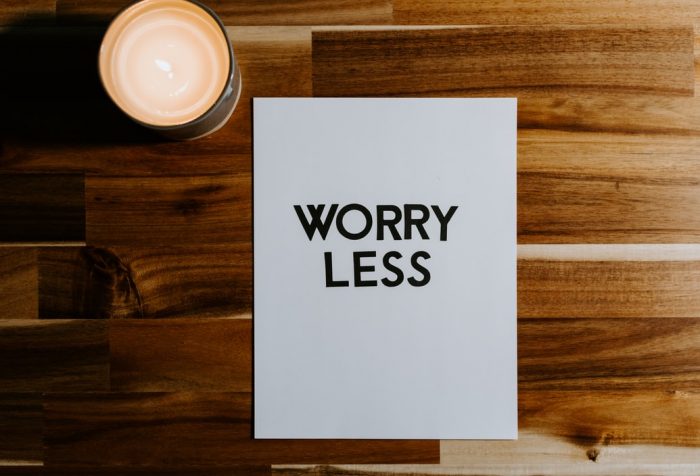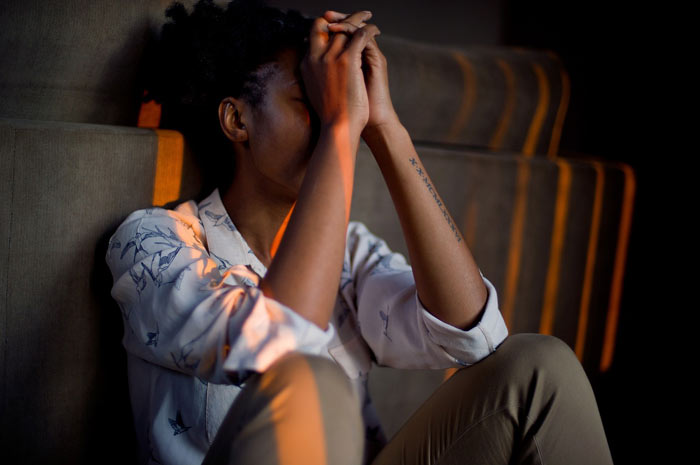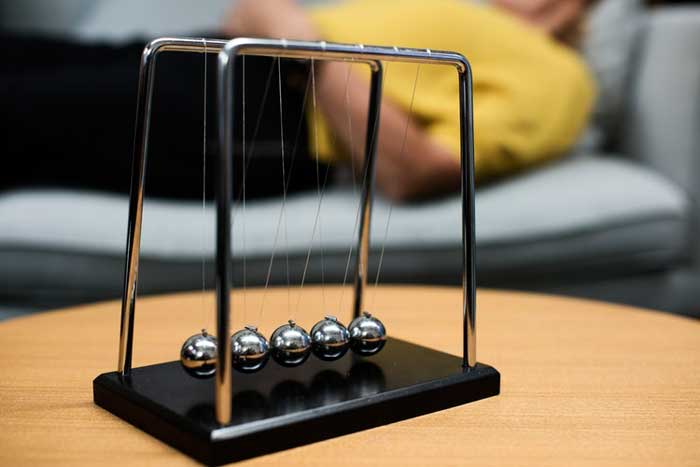Anxiety is a common problem that each of us faces from time to time, but few people know that this condition can be transmitted from person to person, like a virus. Together with an expert, we are trying to clarify the issue of how to deal with anxiety.

There are always enough reasons for anxiety in life. Sometimes we worry about minor reasons, but sometimes more significant events cause a state that can stay with us for a long time, periodically manifesting itself to one degree or another.
Anxiety Signs
Anxiety is accompanied by somatic manifestations. There can often be a lump in the throat, a feeling of incomplete inhalation, lack of air, increased heart rate, a feeling of interruptions in the work of the heart, increased sweating of the palms.
Anxiety disrupts sleep, so it becomes difficult to relax and fall asleep. Waking up several times a night does not provide an opportunity to replenish energy, which leads to a decrease in performance.
The problem also lies in the fact that anxiety often concerns not only the person, but also their friends, relatives – this condition is contagious, and the immediate environment can adopt its manifestations.
Anxiety Can Be Contagious

Science knows about the experiments revealing the transmission of signs of anxiety and depression from one animal to another. Observations were made on mice, and even on fish.
A sick mouse or fish was placed in the same space as a healthy one, separated only by a transparent partition. After a while, the healthy individual developed the same alarming symptoms as the neighbor.
In a recent study, relatives and family members of patients with various diseases, including those accompanied by anxiety and depression, were interviewed. In total, about 50 people were interviewed – it turned out that the presence of an individual with similar disorders nearby significantly affects the mental, emotional and physical health of his family and friends.
All of them (to one degree or another) showed signs of stress, anxiety, fear, apathy, depression, frustration, as well as a sense of their own helplessness. It also mentioned sleep disorders, fatigue, and loss of appetite.
In particular, the mother of a child suffering from anxiety and depression described the emotional and physical health consequences as follows: “It’s a constant worry. It is difficult emotionally and physically. There was indigestion, headaches, nervousness etc.”
Can Illnesses Worsen Anxiety?
An individual’s susceptibility to anxiety largely depends on the stability of the nervous system. The latter, in turn, depends on the health of the whole organism (viruses and infections “undermine” the resistance of the nervous system to stress) and on the duration and strength of stress that affects it.
In other words, the anxiety of other people will affect you in the event that your own nervous system is stressed due to previous illnesses or severe stress.
In addition, when a person is dear to you and you spend a lot of time with him/her, firstly, there is involvement in the circle of anxious experiences. Secondly, the usual way of life may change, which means caring for a person with similar disorders.
How to Help Yourself?

There are many ways that help the nervous system relax a little, and you can apply them yourself.
Keep yourself warm
Any kind of thermal procedures. It is known that the effect of heat on the feet and hands has a direct effect on the hypothalamus (the main autonomic center of the nervous system), which promotes overall relaxation and reduces anxiety. You can take a warm bath, shower, or take a foot bath before bed.
Remove the Source of Anxiety
It is very important to distance yourself from the anxious environment, from the source of anxiety, for example, by taking time for a walk. Walking at least 30 minutes a day will help your nervous system.
Opt for Professional Treatment

In some cases, the help of a specialist is also needed. In addition to drugs, doctors have professional hardware physiotherapy techniques in their arsenal, the targeted use of which will help the nervous system to rebuild and get out of a stressful state.
For example, intravenous laser therapy has a positive effect on restoring the health of the nervous system.
Consider a Therapy
Cognitive-behavioral therapy is a good way of treating anxiety disorders, social anxiety, panic attacks and phobias. Why not starting the treatment today?










